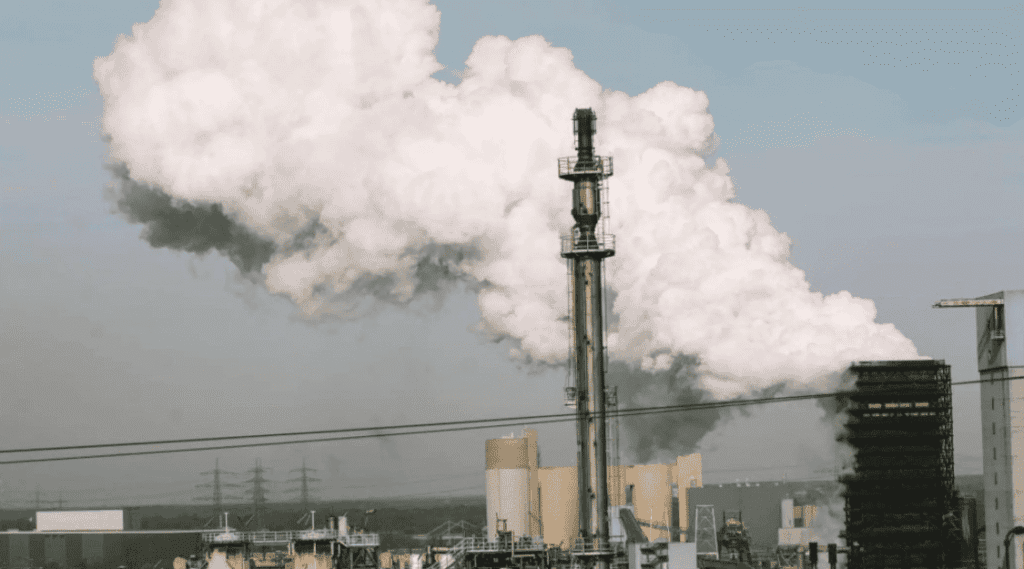The (un)intended consequences of export restrictions

Export restrictions on industrial raw materials are increasingly used by developing economies to climb value chains. This column explores whether Indonesia’s 2014 ban on nickel
How financial authorities best respond to AI challenges

Artificial intelligence is transforming finance faster than the authorities can adapt. This column argues that while AI enhances the financial system’s efficiency, it also poses
Efficiency and distribution in the European Union’s digital deregulation push

A new framework shows how EU digital reforms must balance efficiency with transparent recognition of distributive consequences. To boost the European Union’s digital economy, the European
What will it take to stabilise debt in advanced countries?

Debt can be stabilised across advanced economies yet many face sizeable fiscal adjustments and rising vulnerability to market shifts. This paper analyses the prospects for
The case for delaying the application of the EU’s carbon border levy to electricity

The inclusion of electricity in CBAM creates more problems than it solves; ways should be found to exempt it. The European Union is set to
Continued growth despite a challenging environment: The Commission’s Autumn 2025 Forecast

The EU economy grew stronger than expected in recent quarters and all member states are set to return to growth in 2025. Modest but steady
Tariff avoidance and import measurement: Lessons from the first US-China trade war

Until 2018, the US-China trade data gap was in line with the discrepancies found in the bilateral trade data of China and its other partners,
Pension design and general public finances: Beyond baseline actuarial neutrality

The design of pension rules must take into account, through an actuarial neutrality approach, the adjustments to pension levels that are necessary in the case
Innovation in the digital economy architecture: Ensuring regulatory simplification drives innovation and growth

Over the last decade, the EU has pioneered a world-leading framework for digital governance, but the result has been an increasingly complex regulatory landscape and
When loss strikes twice: Health shocks and household financial distress

While many advanced economies shield their citizens from the most severe direct medical costs of illness, less is known about how households cope with income





